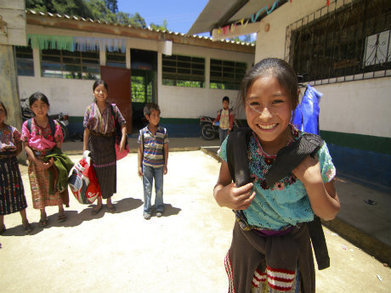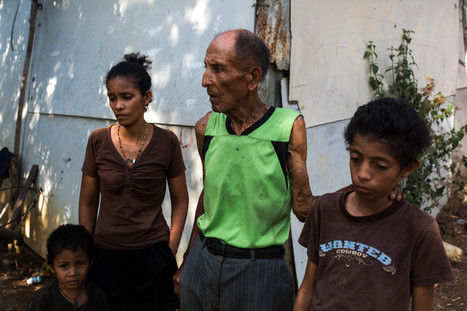"Living on One Dollar is a full-length documentary made by four college students who traveled to rural Guatemala to live on just a dollar a day. Upon their return, they created Living On One, a nonprofit to raise awareness and inspire action around global issues like hunger and poverty -- and started by publishing the Change Series of video shorts. I found it so compelling I've dedicated this whole film fest to it. Each episode not only succinctly frames an issue faced by people in the developing world and makes it personal, but also offers resource links to learn more -- and even better -- to do something about it."
Via APS Instructional Technology, Jessica Kessel



 Your new post is loading...
Your new post is loading...



















Thanks Seth Dixon!
Several character traits could be empasized using theses videos. The wheels in my mind are turning!